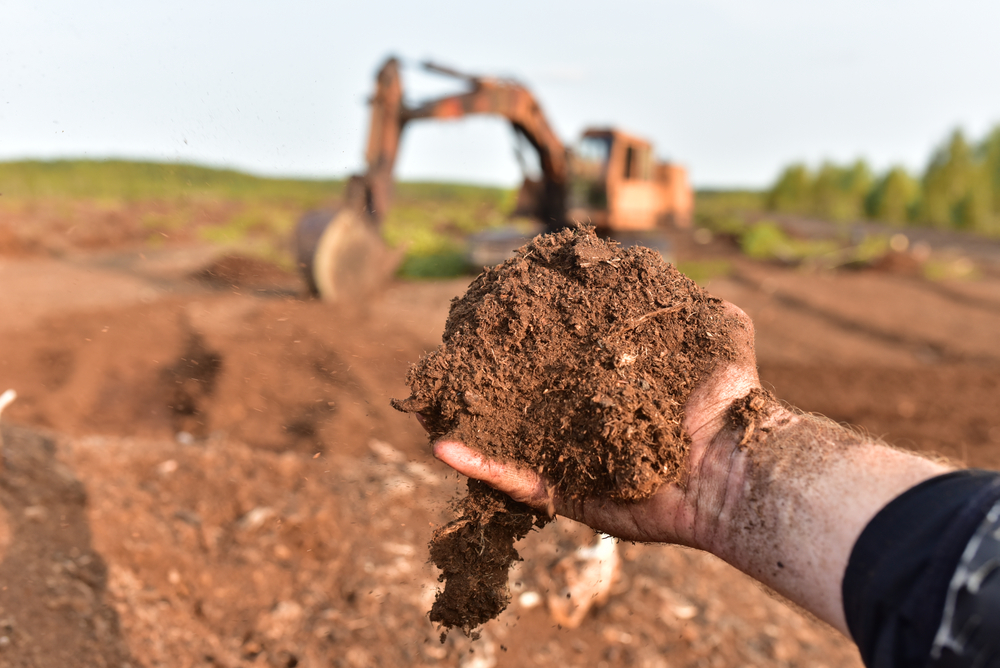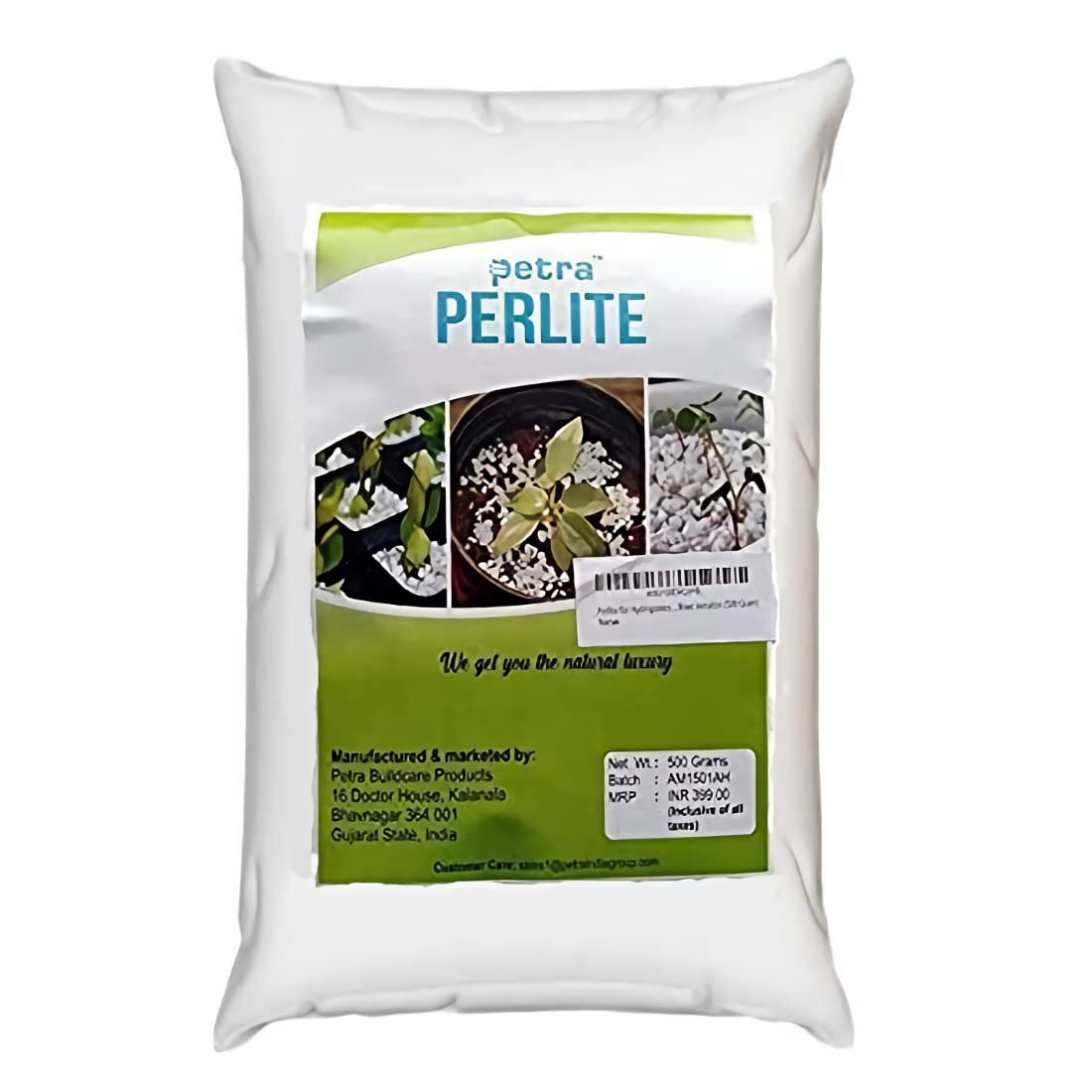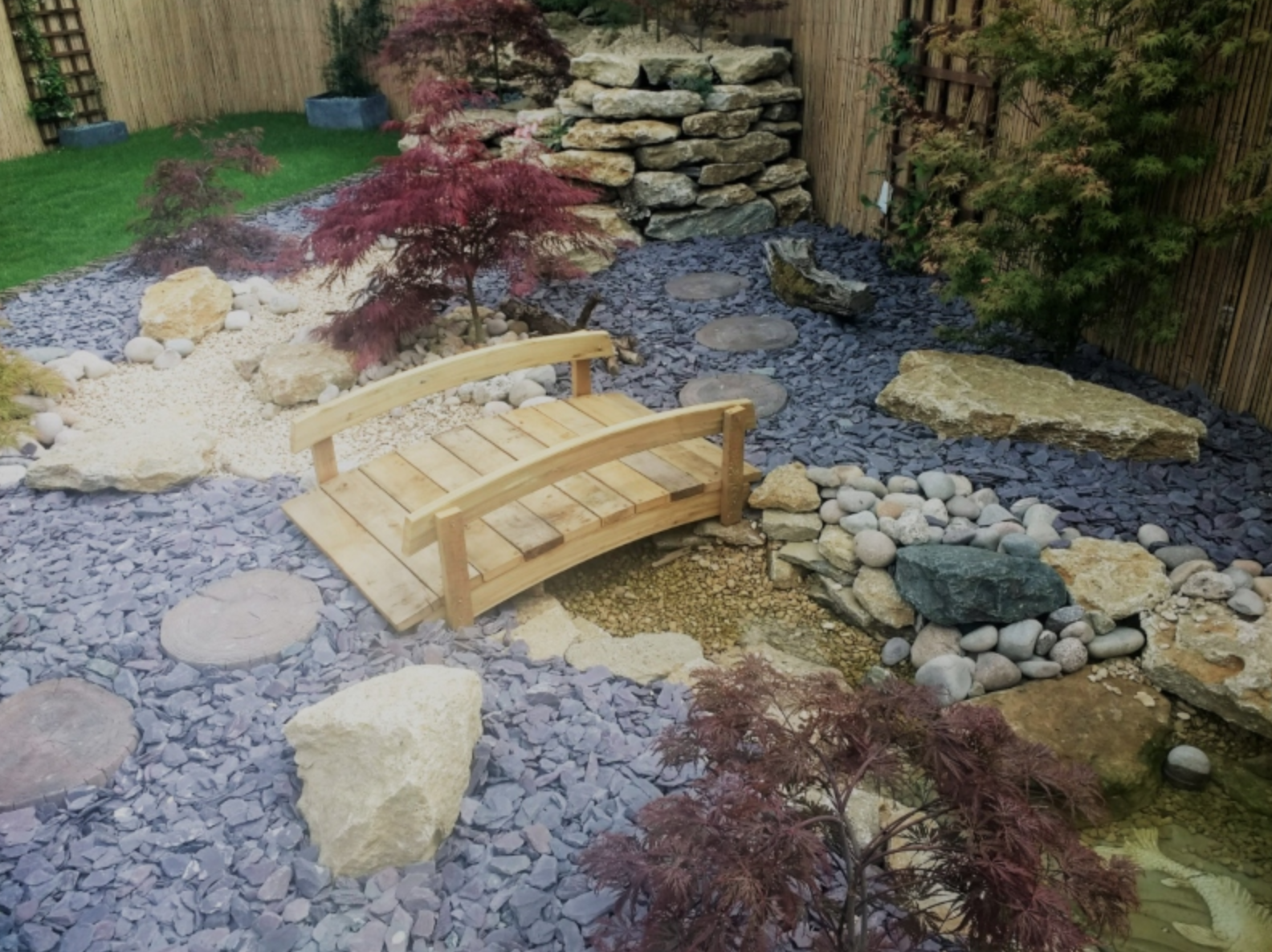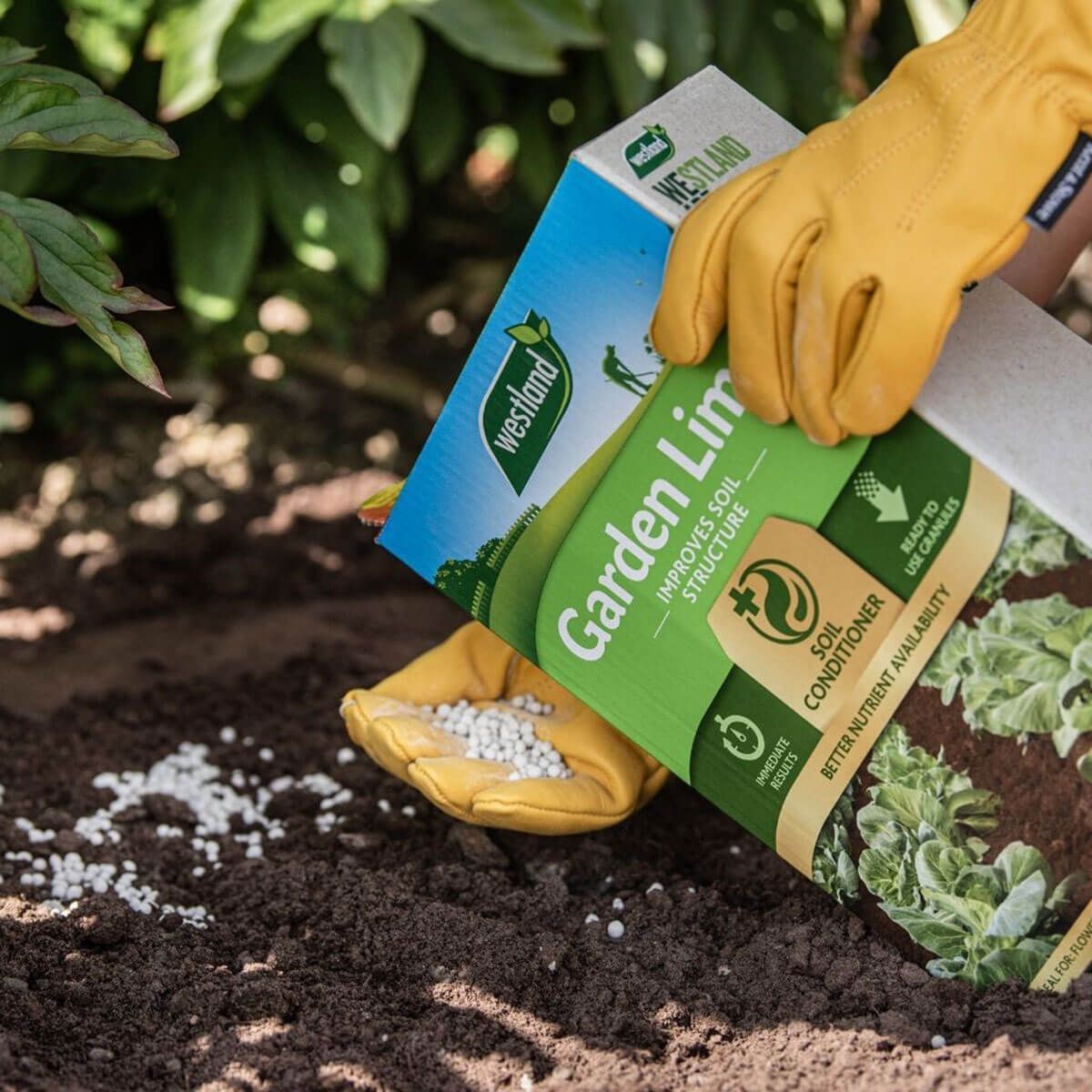Garden Soil Conditioners: The Ultimate Guide To Choosing The Right One For Your Needs
Title: Garden Soil Conditioners: The Ultimate Guide to Choosing the Right One for Your Needs
Introduction:
Soil conditioners are essential for any gardener who wants to create healthy, productive soil. They help to improve the structure of the soil, which allows water and nutrients to move more easily through the root zone. This can lead to better plant growth and a more successful harvest.
There are many different types of soil conditioners available, each with its own unique benefits. In this blog post, we will discuss the different types of soil conditioners, their benefits, and how to choose the right one for your needs.
Main Content:
Types of Soil Conditioners
There are two main types of soil conditioners: organic and inorganic.
Organic soil conditioners are made from natural materials, such as compost, manure, and worm castings. They are beneficial for plants because they improve the soil's structure, increase water retention, and add nutrients.
Inorganic soil conditioners are made from synthetic materials, such as perlite, vermiculite, and peat moss. They are also beneficial for plants because they improve the soil's structure and increase water retention.
Benefits of Soil Conditioners
There are many benefits to using soil conditioners in your garden. Some of the most important benefits include:
- Improved soil structure: Soil conditioners help to break up compacted soil and improve drainage. This allows water and nutrients to move more easily through the root zone, which can lead to better plant growth.
- Increased water retention: Soil conditioners help to retain water in the soil, which can help to prevent plants from drying out during hot, dry weather.
- Added nutrients: Some soil conditioners, such as compost and manure, add nutrients to the soil. This can help to improve plant health and productivity.
- Balanced pH: Some soil conditioners, such as gypsum, can help to balance the pH of the soil. This can be important for certain plants that prefer a more acidic or alkaline soil.
How to Choose the Right Soil Conditioner
The best way to choose the right soil conditioner for your needs is to consider the following factors:
- The type of soil you have: Sandy soils need different soil conditioners than clay soils.
- The plants you are growing: Some plants prefer certain types of soil conditioners.
- Your budget: Soil conditioners can range in price from very affordable to quite expensive.
Conclusion
Soil conditioners are an essential part of any gardener's toolkit. They can help to improve the structure of the soil, increase water retention, and add nutrients. By choosing the right soil conditioner for your needs, you can create healthy, productive soil that will support the growth of beautiful plants.
If you're looking for more information about garden soil conditioner, I recommend visiting Home Gardening. This website has a wealth of information about different types of soil conditioners, how to use them, and the benefits they can provide for your garden.
In addition to providing information about soil conditioners, Home Gardening also offers a variety of other resources for gardeners, including articles, videos, and a forum where you can ask questions and get advice from other gardeners.
So if you're serious about gardening and want to give your plants the best possible chance of success, I encourage you to visit Home Gardening.
FAQ of garden soil conditioner
What is a garden soil conditioner?
A garden soil conditioner is a material that is added to soil to improve its structure, drainage, and aeration. This can help plants grow better by providing them with more space to root, more water and nutrients, and less stress from compaction.
What are the benefits of using a garden soil conditioner?
There are many benefits to using a garden soil conditioner, including:
- Improved drainage: Soil conditioners help to break up clay soils and improve drainage, which can help to prevent waterlogging and root rot.
- Increased aeration: Soil conditioners help to increase the amount of air in the soil, which is essential for plant roots to breathe.
- Improved water retention: Soil conditioners help to retain water in the soil, which can help to reduce the frequency of watering.
- Increased nutrient availability: Soil conditioners can help to break down nutrients in the soil, making them more available to plants.
- Improved soil structure: Soil conditioners help to improve the structure of the soil, making it easier for plants to root and grow.
What are the different types of garden soil conditioners?
There are many different types of garden soil conditioners, including:
- Organic matter: Organic matter is a great way to improve soil structure and drainage. It can include compost, manure, leaf mold, and other organic materials.
- Inorganic matter: Inorganic matter can also be used to improve soil structure. It can include sand, gravel, and perlite.
- Synthetic soil conditioners: Synthetic soil conditioners are made from chemicals and can be very effective at improving soil structure. However, they can also be harmful to the environment.
How do I choose the right garden soil conditioner for my needs?
The best way to choose the right garden soil conditioner for your needs is to consider the type of soil you have, the plants you are growing, and your budget. If you have clay soil, you will need a soil conditioner that will help to improve drainage. If you are growing plants that need a lot of nutrients, you will need a soil conditioner that will help to release nutrients into the soil. And if you are on a budget, you may want to choose an organic soil conditioner.
How do I use a garden soil conditioner?
The best way to use a garden soil conditioner is to work it into the soil before planting. This will help to improve the soil structure and give your plants a good start. You can also use soil conditioner to amend existing soil. To do this, simply add the soil conditioner to the soil and mix it in thoroughly.
Image of garden soil conditioner
10 different images of garden soil conditioner that are free to use:
- Compost: A mixture of organic materials that have been decomposed, such as food scraps, yard waste, and manure. Compost is a great way to improve the fertility and drainage of your soil.
- Vermicompost: Compost made by worms. Vermicompost is high in nutrients and beneficial bacteria, and it can help to improve the structure of your soil.

- Peat moss: A type of organic matter that is made from the remains of bog plants. Peat moss can help to improve the drainage and water retention of your soil.

- Perlite: A type of volcanic glass that is expanded to create a lightweight, porous material. Perlite can help to improve the drainage and aeration of your soil.

- Vermiculite: A type of mineral that is expanded to create a lightweight, absorbent material. Vermiculite can help to improve the drainage, water retention, and aeration of your soil.

- Sand: A type of granular material that is made from broken rocks. Sand can help to improve the drainage of your soil.

- Gravel: A type of coarse, granular material that is made from broken rocks. Gravel can help to improve the drainage and aeration of your soil.

- Gypsum: A mineral that can help to improve the pH of your soil. Gypsum can also help to improve the drainage and aeration of your soil.

- Lime: A mineral that can help to improve the pH of your soil. Lime can also help to improve the drainage and aeration of your soil.

- Wood chips: A type of organic matter that can help to improve the drainage and aeration of your soil. Wood chips can also help to suppress weeds.

Post a Comment for "Garden Soil Conditioners: The Ultimate Guide To Choosing The Right One For Your Needs"